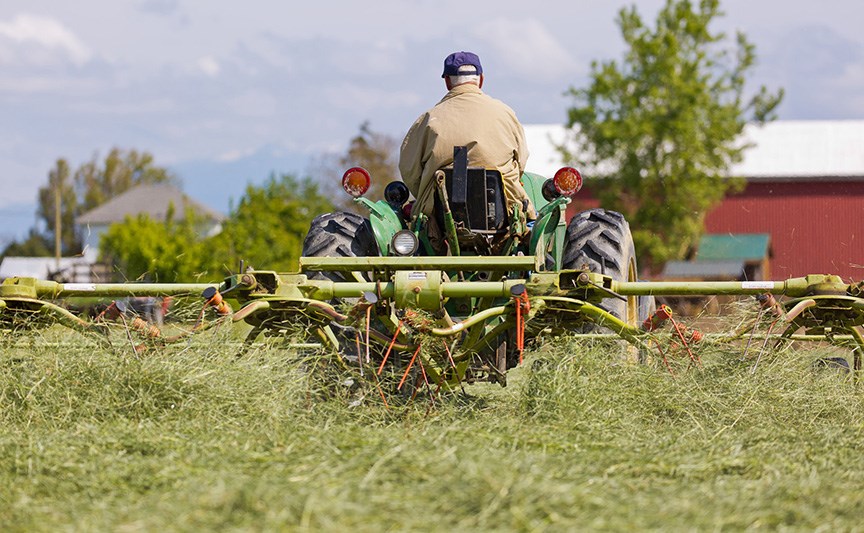The City of Delta will be coming up with a new agricultural plan for its farming community.
Having an overarching goal of ensuring the long-term viability of agriculture, Delta’s 2011 plan primarily focused on land designated as agriculture in the Official Community Plan as well as properties within the provincial Agricultural Land Reserve.
The city has begun the process of coming up with an updated Delta Agriculture Plan.
Coun. Alicia Guichon, who chairs the Agricultural Advisory Committee (AAC), and whose family is one of Delta’s pioneer farming families, said everyone on her committee is looking for ways to add more educational elements to bring the community closer to its farmers.
The goal is also to make the “plan current with what’s been happening at the Agricultural Land Commission and align with Delta’s support for our farming community.”
Delta community planning director Marcy Sangret said the AAC has endorsed the proposed scope of work for a consultant, who has yet to be been hired.
She noted the city this August is to issue a request for proposals with a timeline for the consultant to start the project this fall, beginning discussions with the AAC.
The project has been scoped into two phases, the first involving engaging with stakeholders and identifying priority issues and opportunities.
The second phase will explore actions in the context of overall goals and objectives.
Sangret noted that in the second phase a draft agriculture plan will be prepared, including an implementation strategy.
That draft plan would be subject to further stakeholder and community engagement and will require council approval.
She added that it’s anticipated the work would be undertaken over a timeline of approximately one year.
A consultant’s report when the 2011 plan was being formulated noted Delta’s agricultural sector is unique in regard to the size of its farming.
Its commercial farms are among the largest in size in the Lower Mainland and make use of a high level of land leasing in their operations, but a key concern at the time was declining profitability of agriculture as a result of economic pressures on the sector.
Some of the issues farmers wanted addressed included the preservation of farmland, traffic and moving farm equipment around, better access to irrigation water and lower water rates.
Among the other issues was a growing population “competing with farmers for farmland for rural-residential purposes, creating non-agricultural competition for farmland in its wake.”
The report also saw opportunities, noting that possibly the strongest trend that was sweeping the industry was the push toward locally-based food production.
Farmers, though, also perceived “that the public really does not appreciate the financial stress that the agricultural sector is under.”



